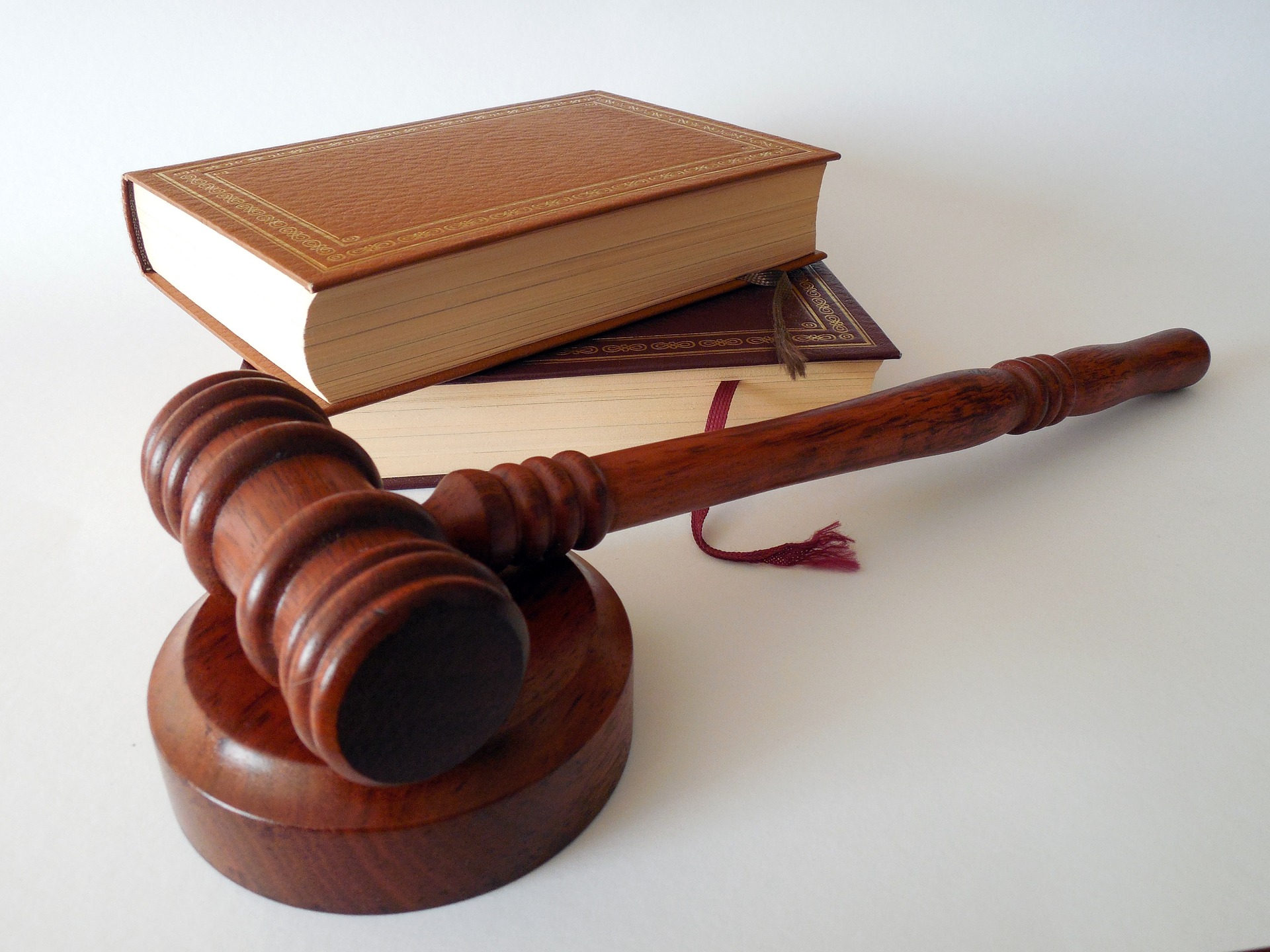
Many people throughout the history of the United States have used protesting as a way to stand up for what they believe in. This is a method of allowing your opinion to be heard publicly in an effort to influence significant change to take place. All individuals planning to participate in a protest should understand the rights they have going into it. Continue reading to learn more about your rights as a protester in the United States.
The First Amendment of the United States Constitution gives individuals the freedom of speech. This means that, even if the content of the speech is controversial, restrictions cannot be made on what can be said. However, this does not protect all types of free speech in any circumstance. For example, police officers and government officials are allowed to place non-discriminatory “time, place and manner” restrictions. These must apply to all speech, regardless of the point of view.
It is important to know that these rights are the same for counter-demonstrators. While this is true, they should not physically disrupt the event they are protesting. In these situations, the police are permitted to keep both groups separated from one another while still allowing them to remain in the same vicinity with one another.
All expressions of freedom of speech are protected in traditional “public forums.” This can include the street, sidewalks, and parks. Free speech can also take place in public locations that the government opens up to similar speech activities. This can include the plazas in front of government buildings.
When a protest takes place on private property, the property owner can set their own rules that limit a person’s freedom of speech while on their grounds. In the event that their rules are disobeyed, the property owner can order the protester off their property and have them arrested for trespassing if they refuse to leave.
Permits generally are not needed for protests. However, certain events do require them, such as:
Many permit procedures require an application to be filed weeks ahead of the event. While this is true, if the event is in response to recent events, the First Amendments prohibits the advance notice requirement. It is important to know that a permit cannot be denied if an event is controversial or expresses unpopular views.
A person has the right to photograph anything in plain view if they are lawfully present in a public space. This includes federal buildings and the police. On private property, the owner can designate their own rules regarding pictures or videos. Police officers do not have the right to confiscate or view the content of pictures or video if they do not have a warrant. They also cannot delete the data on these devices. However, the police do have the right to order citizens to cease their activities if they are interfering with legitimate law enforcement operations. During this time, individuals who are videotaping should know there is a legal distinction between a visual photographic record and the auto part of a videotape.
If you believe your right to protest was violated, the first thing that you should do is take pictures and/or video of the injustice you witnessed or experienced. Also do so for any injuries you may have sustained. In addition to this, write down all the details you are able to remember. This can include badge numbers, patrol car numbers, and the agency in question. Don’t forget to obtain contact information from any witnesses who saw the injustice, such as their name, phone number, email, etc. After completing these steps, you can file a written complaint with the agency’s internal affairs division or civilian complaint board. Furthermore, contact an experienced New Jersey criminal defense attorney who is here to help if your rights have been infringed upon in any way.
Kevin T. Conway is an experienced Bergen County criminal attorney handling DUI, DWI, traffic violations, violent crimes, sex crimes, illegal gun possession, shoplifting, and juvenile crimes. Attorney Conway is also experienced in commercial law matters, zoning law, and estate planning. If you need an aggressive criminal lawyer, contact The Law Office of Kevin T. Conway for a free consultation.
© 2024 The Law Office of Kevin T. Conway. All rights reserved.